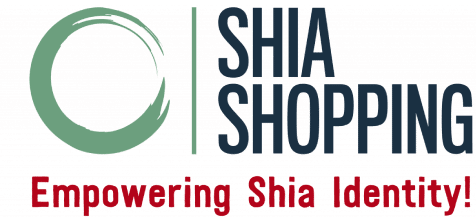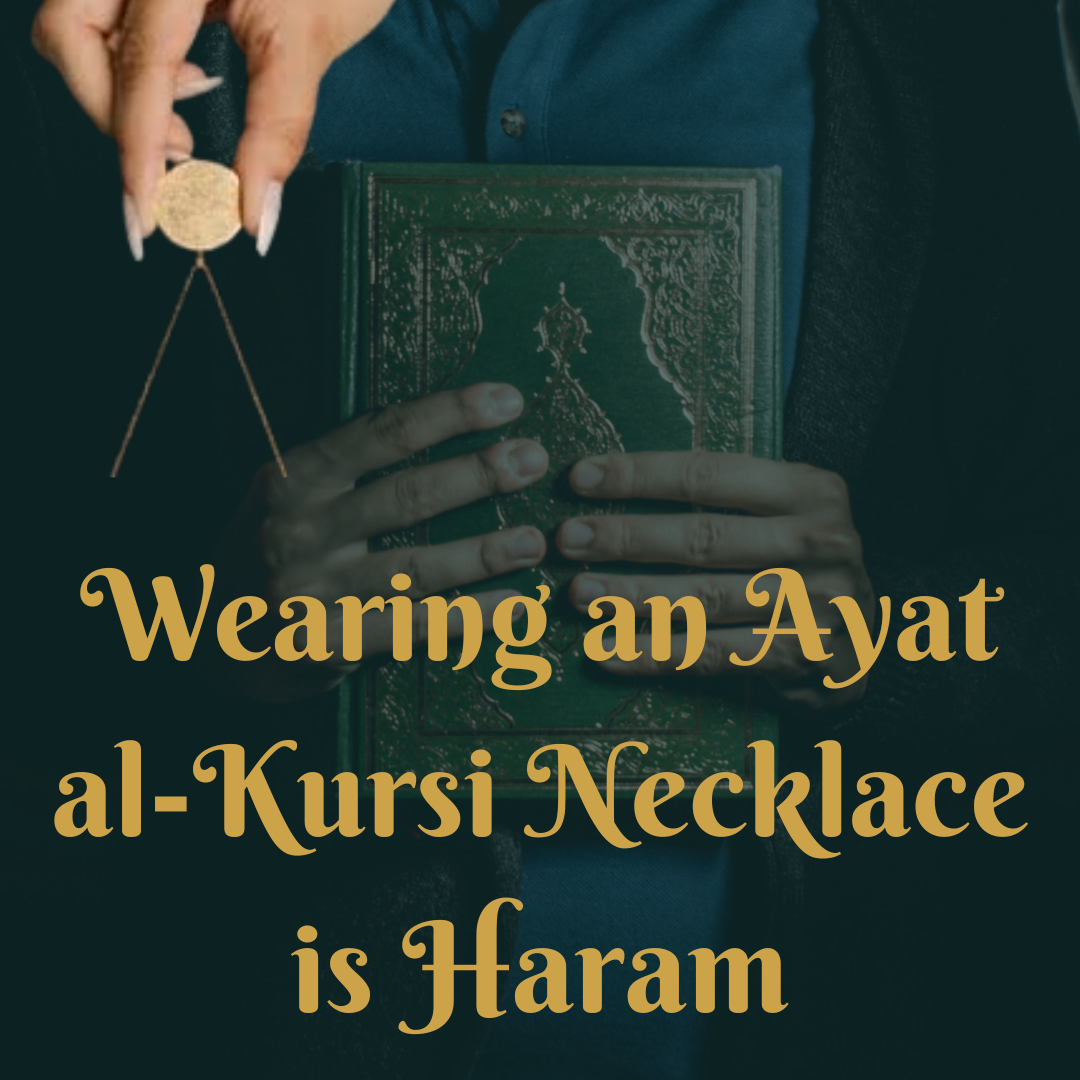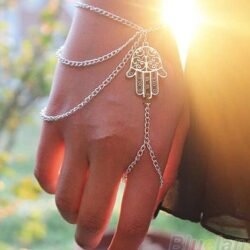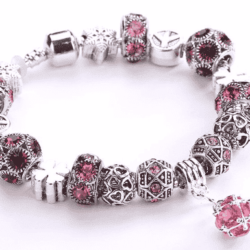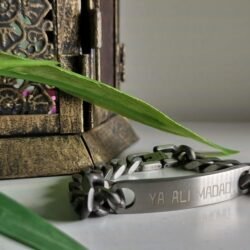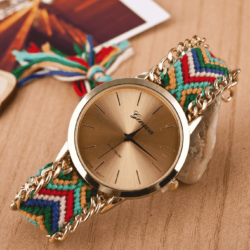Islamic jurisprudence and traditions encompass a wide range of views on various practices, including the wearing of religious symbols. One such symbol is the Ayatul Kursi necklace,, which features a verse from the Quran known for its protective qualities. Whether wearing such a necklace is considered haram (forbidden) involves examining religious texts, scholarly interpretations, and cultural practices. Everyone has a question Wearing an Ayat al-Kursi Necklace is Haram.
Understanding Ayat al-Kursi
Ayat al-Kursi, found in Surah Al-Baqarah (2:255), is one of the most revered verses in the Quran. It speaks of God’s eternal power and knowledge, and many Muslims recite it for protection and blessings. The belief in its protective power is rooted in various Hadiths, where the Prophet Muhammad (peace be upon him) is reported to have emphasized its significance.
The Debate on Wearing Religious Symbols
- Respect for Sacred Texts: One primary concern regarding wearing Ayat al-Kursi on a necklace is the respect due to Quranic verses. Islamic teachings emphasize treating the Quran with the utmost reverence, which includes physical cleanliness and respectful handling. Scholars who argue against wearing such jewelry often cite these scenarios to highlight potential disrespect.
- Intention and Superstition: Another consideration is the intention behind wearing the necklace. Islam strictly prohibits shirk (associating partners with God) and superstitions. If a person wears the necklace with the belief that the object itself has protective powers. This could border on superstition, detracting from the belief that protection comes from God alone. Some scholars argue that wearing the necklace should be avoided to prevent any risk of falling into such beliefs.
- Differing Scholarly Opinions: Islamic scholars have diverse opinions on this matter. Some, adhering to a more conservative interpretation. Discourage wearing any form of jewelry with Quranic inscriptions, emphasizing the potential for disrespect and the risk of superstitious practices. Others adopt a more lenient view, Suggesting that as long as the wearer maintains proper respect and the intention is to honor and remember God’s words, it may be permissible.
- Cultural Practices and Context: The practice of wearing religious symbols varies widely across different cultures within the Muslim world. . In such contexts, the jewelry serves as a reminder of faith and piety rather than a mere ornament.
The question of whether Wearing an Ayat al-Kursi Necklace is Haram does not have a straightforward answer. It is essential for Muslims to seek knowledge from reliable religious authorities and consider the underlying principles of respect and devotion in their practices.
Ultimately, while some scholars may view the practice as potentially haram due to the risks of disrespect and superstition. Others may find it permissible if done with the correct intentions and proper respect.
